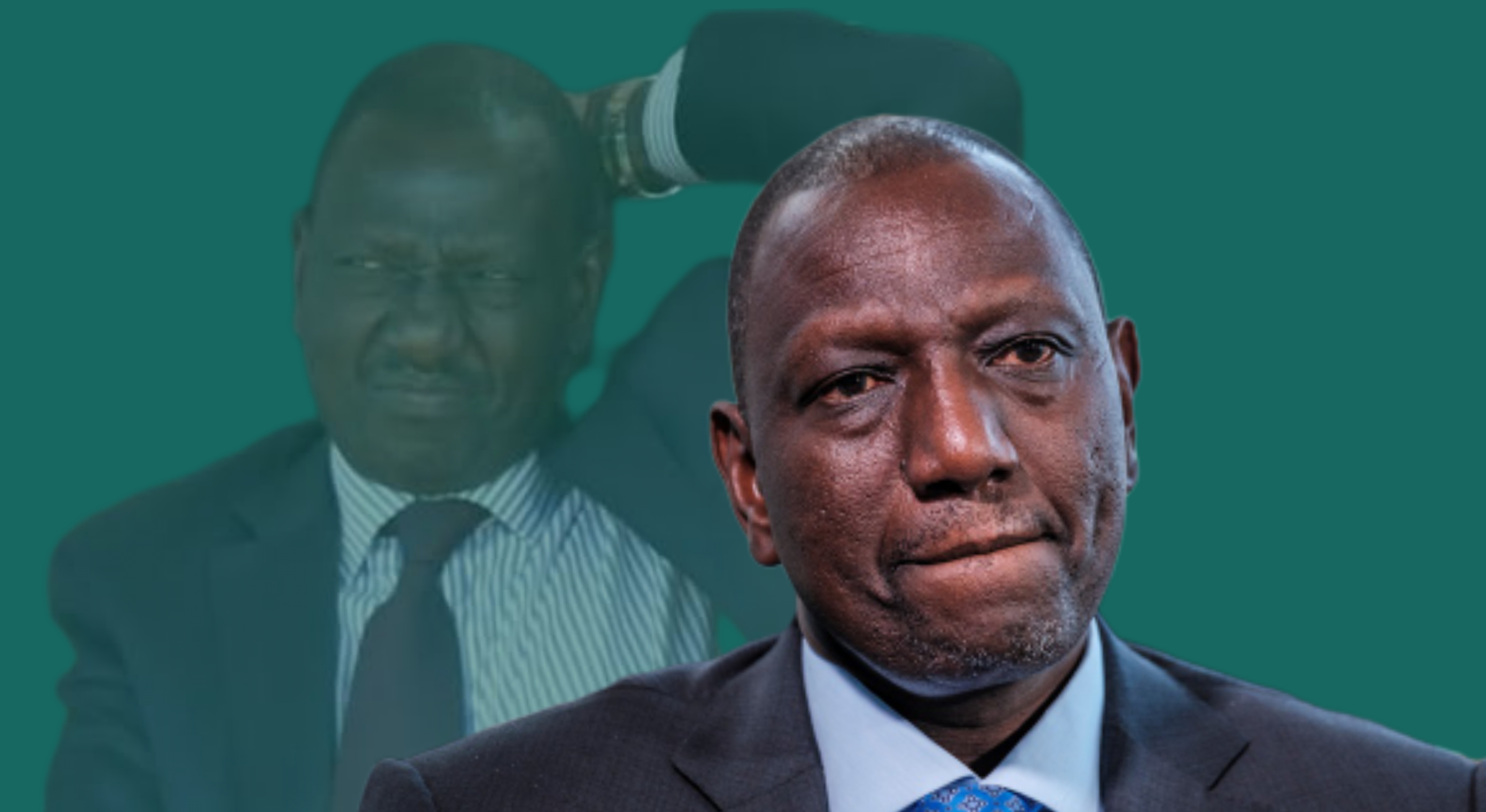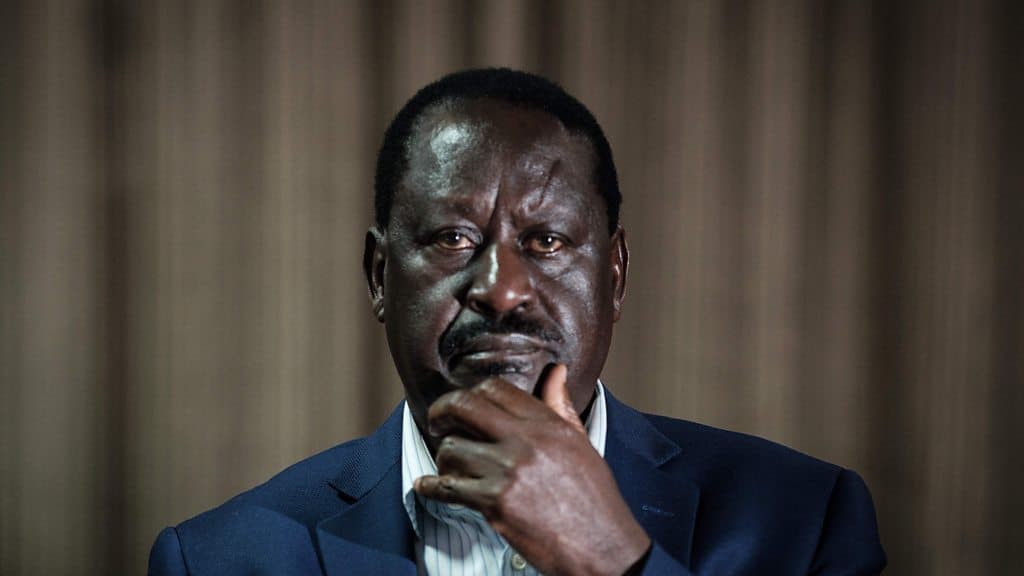Kenya's President William Ruto ascended to power on a platform of change, pledging to centre the populace who, for decades, have been marginalised by successive regimes.
Ruto's campaign bait - a “bottom-up” economic agenda, promising to cut taxes, give small businesses interest-free loans - cut the country’s debt appetite by downsizing the government.
Over Two years into his 5-year first term, Majority of Kenyans, according to recent opinion polls, believe that his policies have worsened suffering.
Once in power, he has reneged on the popular promises under his manifesto and retained the exclusionary, oppressive, and divisive state that has virtually retained all the colonial attributes.Ruto's most definitive moment, when he Accrued intense resentment, was the proposed Finance Bill 2024.
The Finance Bill 2024 was meant to anchor the government revenue collection and reduce external borrowing that has sank Kenya into massive debt.
However, through social media and other channels, Kenyans of all walks of life expressed outrage at the punitive taxes proposed under the Bill yet there is no accountability for endemic corruption, and wastage by the government.
Despite spirited opposition, the Bill went through the first and second reading and was eventually passed while protests were raging outside parliament. So enraged were the protesters that they stormed the parliament buildings and forced the MPs to scamper for safety.
Upon realising that he was fast losing the political initiative, President Ruto declined to assent to the bill. Had it become law, the Bill would have imposed a raft of taxes on Kenyans touching on trade, personal income, agriculture, health, investment, housing, and virtually every other sector conceivable.

The Ruto administration is feeling the Effect. Having been forced to use the Supplementary budget, the government is grappling with Financial Short-comings, with speculation on a proposed Finance Bill 2025, already attracting objection, despite it not yet being officially tabled.
Social Health Authority, another key Component in Ruto's Manifesto to Provide Universal Health Insurance, has not been spared either. Marred by system outages, graft accusations in procurement processes among many other issues.
Civil Servants have no reason to smile at the 'Hustler'. Increased statutory deductions such as the Housing Levy, Social Health Insurance Fund (SHIF), and revised NSSF contributions, have reduced many civil servants’ take-home pay to below 30 per cent. The squeeze on the payslip, has seen the Kenya-Kwanza on the receiving end, yet those without jobs have something to say as well.
Unemployment, is a Major issue that has seen the youth in the country declare, "Ruto Must Go". More than half of the over 200,000 students who graduate annually have not secured jobs. Most of those employed are either underemployed or underpaid and typically have minimal job security.
The youth, who form 35 percent of the Kenyan population, have the highest unemployment rate at 67 percent. Over a million young people enter the labour market annually without any skills, some having dropped out of school or completed school and not enrolled in college. Add the over 1 million graduates who are unemployed, underemployed, underpaid, and staring at stalled mobility.
When Gen Zs look around, they see their older siblings stalled in their careers or unemployed, their parents stranded, having never achieved their dreams.
Their older siblings are not doing well enough to inspire them to hope for better. Their parents are stranded. Such is the cul-de-sac that Gen Z finds themselves in. And they have to turn back, and they can only turn back to the government. A government that has failed terribly to create job opportunities despite creating policies that seem to deter investors as Companies downsize or ultimately close Shop.
Young Kenyans (Gen Z Movement), unlike their predecessors, have decided enough is enough. Their frustration, born from years of unfulfilled promises and broken systems, has catalysed a political awakening across the country.
For years, the older generations have navigated through the murky waters of Kenyan politics, often resigning to the inevitabilities of corruption and inefficiency. Gen Zs have had enough of it.
This movement began not with a single spark, but with the simmering anger of a generation tired of systemic corruption, inequality, and the stifling status quo.
The defenders of the status quo are rattled. For years, they have thrived in a system where things worked for a select few. Now, they face the daunting challenge of operating in a country where the demands are for equality and fairness.
The vision is clear: a country with equal opportunity for everyone, where corruption is not normalised, and where the youth are not sacrificed on the altar of political expediency. It is a vision of a Kenya that respects its constitution and its people, a Kenya where every voice is heard, and every life is valued.
The end goal is a reimagined Kenya — one where justice and equality are not just ideals but realities. This goal requires a relentless commitment to fighting corruption, ensuring transparency, and building systems that work for all citizens, not just a privileged few.
It involves creating opportunities for the youth, who are the backbone of the nation's future, and fostering an environment where their aspirations can be realised without fear of oppression or marginalisation.







